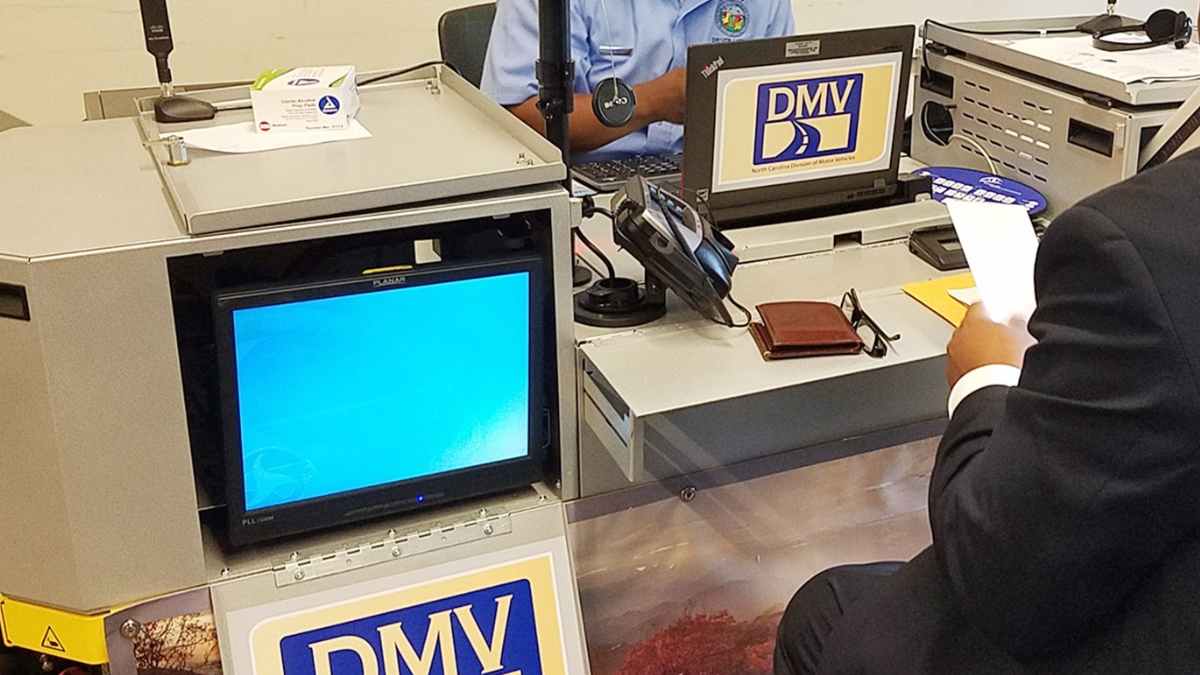A new proposal aims to ease the burden on drivers who face endless lines and months-long waits at crowded DMV offices across North Carolina. If approved, this measure could extend the validity of licenses for an extra two years, allowing people to continue driving legally even after their license expires.
In just the last few months, the Department of Motor Vehicles (DMV) in North Carolina has been swamped with drivers trying to renew their licenses. Appointments are scarce, and offices are feeling the crunch. The situation worsened with the rush to get the Real ID, which will soon be required for air travel or entering federal buildings. So, what does this new legislation entail, and how could it change the licensing process?
Why this proposed extension of driver’s license validity could simplify renewal processes
The key idea behind this initiative is to prevent thousands of drivers from being penalized through no fault of their own. Legislators in North Carolina have introduced House Bill 821, which proposes extending driver’s licenses for two additional years. This means motorists could keep using an expired license without fines or other legal consequences, buying much-needed time until the DMV can catch up.
But is this solution permanent? Not exactly. It’s described as a temporary measure aimed at solving an immediate crisis. Still, supporters see it as an opportunity to test how more flexible renewal rules might work in the long run. After all, no one wants to lose an entire day waiting in line at the DMV—especially if they have kids or demanding jobs.
House Bill 821 and its potential impact on DMV systems nationwide if other states follow suit
House Bill 821 is already making waves after clearing the Transportation Committee. If it survives further debate and becomes law, it could inspire other states to adopt similar approaches. The main goal is to relieve the immense stress placed on DMV offices, where the surge of appointments has created an unprecedented bottleneck.
At its core, the bill allows an expired license to remain valid for two extra years. During this grace period, drivers would not receive tickets or face insurance problems caused by an overdue renewal. This isn’t a free pass to ignore the rules; it’s about acknowledging that the system’s backlog is unfairly punishing the public. Could this simple tweak offer a lifeline to overburdened DMVs? Many legislators think so.
How North Carolina’s DMV offices are handling longer hours and new rules to meet high demand
You might be wondering, “Is the DMV doing anything else to help?” Absolutely. Officials have announced extended hours in 92 offices, opening at 7:00 a.m. and staying open until 5:00 p.m. They also plan to keep 20 branches open on Saturdays, hoping to chip away at wait times.
Below is a quick table showing the extended schedule and the number of offices participating:
| Extended Schedule | Number of Offices | Days of Operation |
|---|---|---|
| 7:00 a.m. to 5:00 p.m. | 92 | Monday to Friday |
| Saturday Openings | 20 | Saturdays (limited services) |
These efforts may not end the backlog overnight, but they’re a start. And if House Bill 821 passes, drivers could skip some of the panic over immediate renewal deadlines.
Details that every driver should know about Real ID regulations going into effect soon
Even if the license extension is approved, it’s important to note that the Real ID requirement remains unchanged. Anyone planning to board domestic flights or enter federal facilities should still obtain this special ID before the federal deadline. Here’s a short list of key reminders about the Real ID:
- Check your local DMV’s Real ID application process
- Gather the necessary documents (proof of identity and residency)
- Book an appointment as soon as possible to avoid delays
- Keep track of any announcements regarding the May enforcement date
It’s crucial not to confuse this proposed extension for regular licenses with the Real ID rules. The grace period would not exempt you from needing the Real ID if you want to fly or access certain federal buildings.

